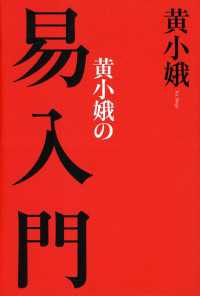Description
Knots are well known as symbols of moral relationships. This book develops an exciting new view of this otherwise taken-for-granted image and considers their metaphoric value in and for moral order. In chapters that focus on Japan, China, Europe, South America and in several Pacific Island societies, granular ethnography depicts how knots are deployed to express unity in daily and ritual embodiment, political authority and the cosmos, as well as in social thought. The volume will be of interest to anthropologists and other scholars concerned with metaphor and symbolism, material culture and technology.
Table of Contents
1 Knots as moral relationship
David Lipset and Eric K. Silverman
Part 1: Personhood and Society
2 Knots in Sumo Wrestling and Japan
Kenji Tierney
3 Knots and entanglements in Japan
Ellen Schattschneider
4 Canoes, knots and the concept of the person in the Sepik (Papua New Guinea)
Eric K. Silverman and David Lipset
5 Making Manus social fabric (Papua New Guinea)
Michelle Nayahmui Rooney
Part 2: State and Cosmos
6 The knotted empire of the Inka State
Gary Urton
7 Weaving metaphors and cosmo-political thought in early China
David Pankenier
8 Knots at the edge of order in the Northeast Kula Ring (Papua New Guinea)
Frederick H. Damon
9 The knot in the Pacific body politic
Susanne Küchler
10 Knots of authority and sanctity in ancient Hawaii
Adrienne Kaeppler
Part 3: Social Thought
11 Anthropology’s entanglement with ‘Europe’
Sarah Green
12 Afterword: Knots as Moral Reflexivity
David Lipset and Eric K. Silverman








